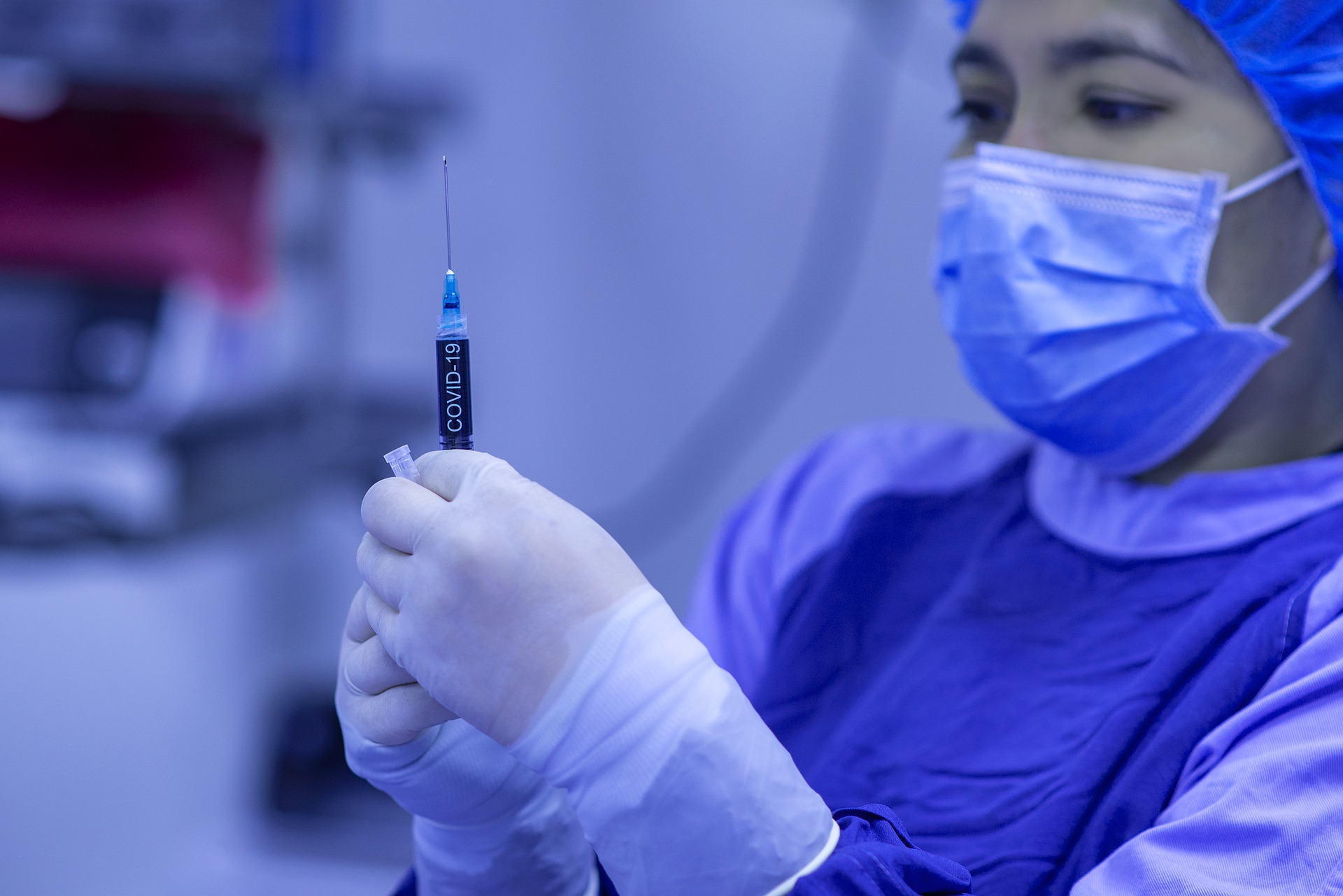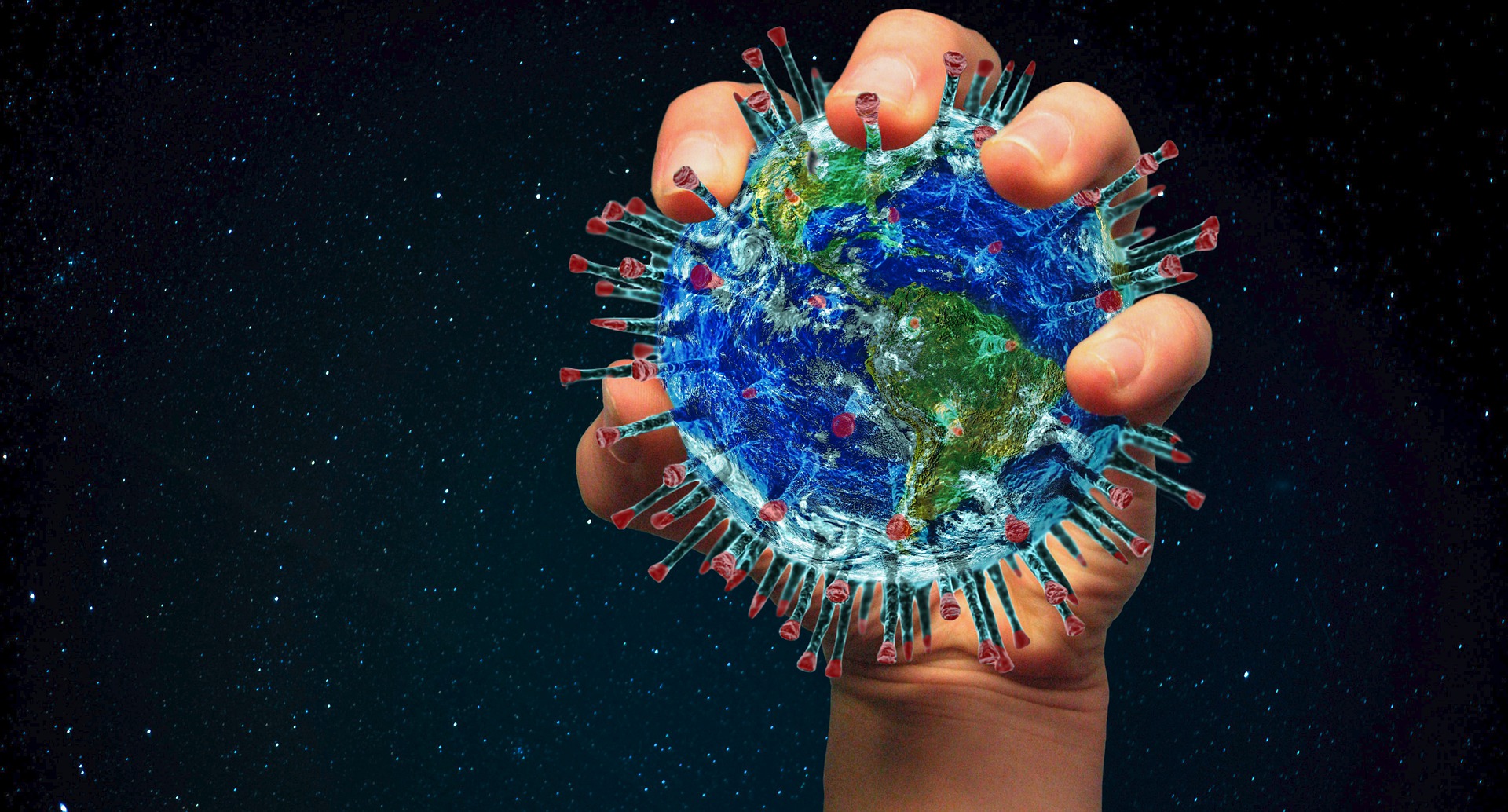People with weak immune systems do not always have strong protection against the coronavirus even after complete vaccination. A third dose of the COVID-19 vaccine has been shown to help protect some people with weakened immune systems. But at the moment there is not enough data to say how much such vaccination can help, said on July 22, experts from the US Centers for Disease Control and Prevention. As a result, the agency has not yet recommended a third dose and states that vaccinated people in this group should continue to wear masks.
With the growing number of cases of COVID-19 worldwide, it is critical to find ways to protect the millions of immunocompromised people who are at high risk for serious illness. In the United States, approximately 2.7 percent of adults, or 6.8 million people, have weakened immune systems.
Studies show that as long as coronavirus transmission is not suppressed, millions of organ transplant recipients, cancer patients, and other people will still be susceptible to severe COVID-19, even if they are lucky enough to access vaccinations. (SN: 2/26/21). According to data presented on July 22 at a meeting of the CDC Immunization Advisory Committee, of the 45 vaccinated people hospitalized in 18 US hospitals for COVID-19 from March 11 to May 5, twenty, or 44 percent, had weakened immunity.
Laboratory studies suggest that a third dose of COVID-19 may increase the levels of antibodies to the coronavirus in the blood of some immunocompromised patients. But it is still unclear whether certain groups may benefit more than others, and how effective additional doses may be to prevent severe COVID-19. For example, the immune system has more in its arsenal than just antibodies to attack the coronavirus and prevent serious disease (SN: 1/27/21). Real-world research will provide a clearer picture of how well additional doses may work and for which groups.
At the very least, the extra dose seems safe for people with weakened immune systems, epidemiologist Sarah Oliver of the CDC said at a July 22 meeting. For example, a study involving patients on dialysis for kidney disease found that “symptoms seen after the third dose were consistent with those seen after the second dose,” Oliver said. Most of the side effects of the vaccine, such as fatigue, injection site pain, chills or soreness, were mild.
While U.S. officials are still discussing the benefits of the extra dose, some countries have already taken steps to provide those doses to immunocompromised people. On April 11, officials said people with severely weakened immune systems in France could receive a third dose a month after the second. And officials in the United Kingdom have proposed to distribute additional doses between September and December.

Here is a summary of the results of current research on the benefits of additional vaccination against COVID-19 for people with weakened immune systems:
- The third dose of COVID-19 vaccine – Pfizer, Moderna’s or Johnson & Johnson – increased antibody levels in some recipients of organs that had previously had a weak reaction to the vaccine, the Annals of Internal Medicine reported on June 15. Of the 30 vaccinated patients, six had low levels of coronavirus-recognizing antibodies before the third dose. Another 24 had no detectable antibodies. Two weeks after the third vaccination, all six patients had low levels of low antibodies from the beginning. Of the 24 people without antibodies, 16 had not yet developed, two had low levels of antibodies and six had high levels of antibodies.
- Another study found that 67 of 99 organ transplant recipients vaccinated with Pfizer had antibodies detected after the third dose, the researchers reported in the New England Medical Journal on June 23. For comparison: four out of 101 people after the first dose and 40 out of 99 – after the second. Of the 59 individuals who did not have antibodies after the second dose, 26 or 44 percent recovered immune proteins after the additional dose.
- The researchers reported on July 13 in the Lancet that more than 75 percent of recipients of blood or hematopoietic stem cells had antibodies detected after two doses of Pfizer vaccine against COVID-19. In 52 of the 88 patients who took part in the study, the level of antibodies exceeded the threshold value, which corresponds to how well the immune proteins prevent infection of coronavirus cells. Those who received a graft more than a year before vaccination and who had a large number of white blood cells fighting pathogens were more likely to have many antibodies. The team found that patients receiving treatment, preferably their immune system for three months after vaccination, on the other hand, had low levels of antibodies. The third dose may be useful for this group, but experts do not yet know.
- Studies show that third doses may also help some patients on dialysis for kidney disease. The researchers reported in a previous study published July 6 on medRxiv.org that of the 12 dialysis patients who did not initially develop antibodies after two doses of the vaccine, half developed an antibody response after an additional injection. 42%, or 5 of 12 patients with negative antibodies, had antibodies after the third vaccine, another group of researchers reported on May 31 at Nephrology Dialysis Transplantation.
In the United States, a recommendation for an additional dose for immunocompromised individuals is unlikely to appear unless the Food and Drug Administration allows additional doses in accordance with current COVID-19 emergency vaccine permits or until the agency is fully will not approve the vaccine for widespread use This was stated during the meeting by representatives of the CDC. According to officials, the health agency is not currently aware of any data submitted to the FDA that could support such a change in emergency use permits.
Meanwhile, experts are closely monitoring the data on additional doses. “However, as we do this, we must remember what we can do now,” Oliver said. This means that people with weakened immune systems should continue to wear masks, stay six feet away from others, and avoid crowding or indoors.

